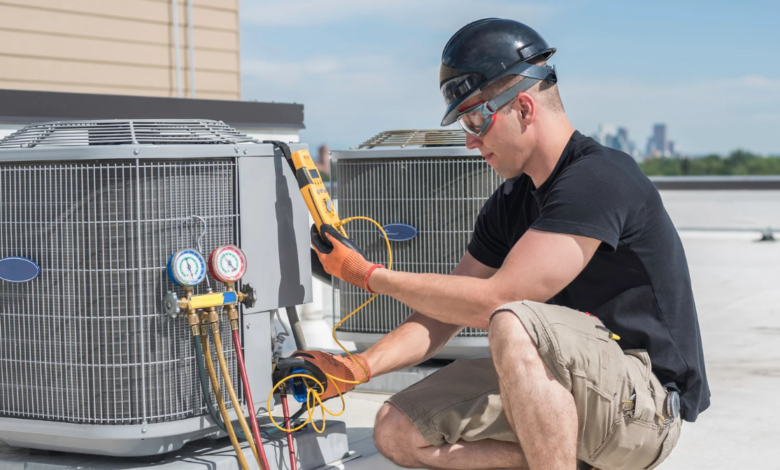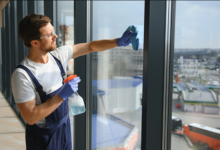How Humidity Affects Your Home’s HVAC Performance

Maintaining indoor comfort is about more than just temperature; it’s also about managing humidity. Whether it’s excess moisture in the summer or dry air in the winter, humidity plays a major role in how well your HVAC system performs. Homeowners who rely on services for HVAC repair in Troy often discover that unresolved humidity issues are at the root of inconsistent temperatures or rising energy bills.
An HVAC system that isn’t equipped or maintained to handle humidity fluctuations can struggle to perform efficiently, leading to reduced comfort, higher costs, and potential long-term damage.
The Relationship Between Humidity and HVAC Efficiency
Humidity directly impacts how warm or cool your indoor space feels. In humid environments, the air feels warmer than the actual temperature, making your AC work harder. On the other hand, overly dry air can force your heating system to run longer to maintain warmth.
If your HVAC system is not calibrated or sized correctly for your home’s humidity levels, it may become overworked or inefficient. Regular inspections help ensure components are functioning properly and can also identify if your system needs a dehumidifier or humidifier to maintain balance.
Understanding what to know about HVAC servicing is important in this context. Routine maintenance doesn’t just involve replacing filters, it includes checking for humidity-related stress on the system, inspecting ductwork for condensation, and ensuring that airflow is balanced throughout the home.
See also: What Homeowners Should Know About Insulated Garage Door Installations
Poor Humidity Control Can Cause Damage
High humidity levels can lead to mold growth, musty odors, and damage to drywall, wood, and insulation. Condensation buildup inside the HVAC unit or ductwork can result in corrosion or microbial contamination. In the long term, this can compromise your system’s integrity and indoor air quality.
Low humidity levels, especially in winter, can dry out wooden structures, cause static electricity, and contribute to respiratory discomfort. It can also lead to frequent HVAC cycling, which increases wear and tear on system components.
When issues like these arise, some homeowners are tempted to fix them on their own. However, the risks of DIY HVAC repairs are significant. Improper handling can lead to electrical hazards, refrigerant leaks, or voided warranties. Addressing humidity-related HVAC problems requires professional evaluation and precision that only trained technicians can provide.
How to Maintain Proper Humidity Levels
Effective humidity control starts with a well-maintained HVAC system. Regular tune-ups, clean filters, and proper insulation all help regulate moisture levels indoors. In some cases, whole-house humidifiers or dehumidifiers may be recommended to provide additional balance.
Other steps include sealing air leaks around windows and doors, using exhaust fans in bathrooms and kitchens, and ensuring your home has adequate ventilation. A balanced approach reduces strain on the HVAC system and enhances overall indoor comfort.
For homeowners in climates with seasonal humidity changes, it’s essential to monitor both temperature and moisture throughout the year. If you notice condensation on windows, musty smells, or uneven temperatures, it’s time to have your HVAC system inspected.
Conclusion
Humidity can significantly affect your HVAC system’s performance, energy efficiency, and overall comfort. From increased system strain to potential structural damage, managing indoor moisture levels is essential. Partnering with experienced professionals helps ensure your HVAC unit is equipped to handle humidity challenges throughout the year.






